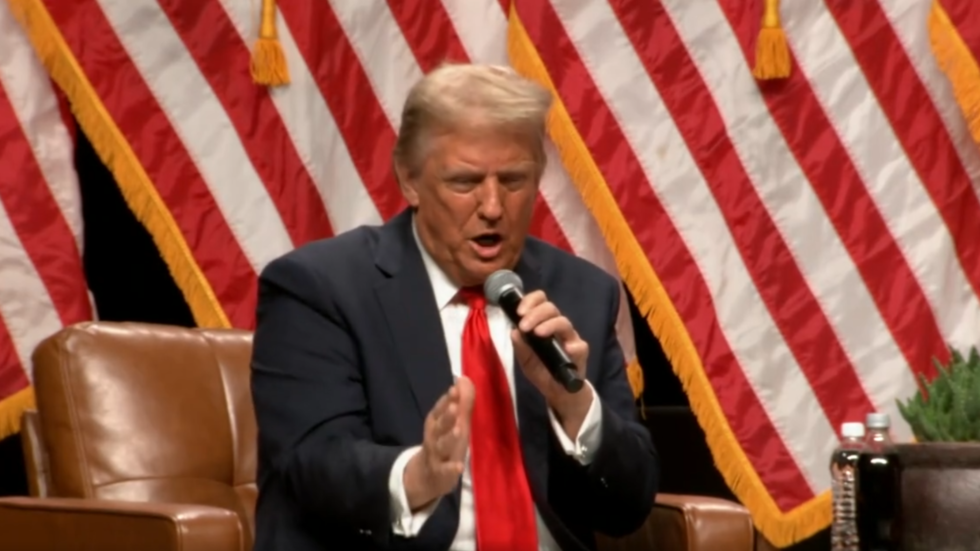Elon Musk’s Tesla has revealed an unexpected rise in profits in a sign of rebounding demand for electric cars.
Tesla said net income had risen by 17pc to $2.2bn (£1.7bn) in the three months to the end of September, reversing two consecutive quarters of declining profits.
It came as the company reported an increase in sales as it seeks to hang on to its position as the world’s most popular electric car manufacturer. Revenues rose 7.8pc to $25bn.
Shares jumped 12pc after the results, helping to reverse a drop after Mr Musk’s disappointing launch of his “Robotaxi” concept earlier this month.
It comes as Mr Musk devotes much of his time and tens of millions of dollars seeking to return Donald Trump to the White House.
Tesla has been struggling with subdued demand for electric cars and growing competition from established manufacturers as well as Chinese upstarts, threatening the company’s lead in the market.
It sold a record 463,000 cars in the most recent quarter, with sales boosted by price cuts and subsidised financing deals.
However, it said production improvements had driven down the cost of manufacturing.
Tesla’s operating margin, a measure of the profit it makes on each car, rose from 7.6pc a year ago to 10.8pc.
“In order to continue accelerating the world’s transition to sustainable energy, we make EVs affordable for everyone,” the company said.
The company’s followers are eagerly awaiting news of a new lower-cost model, production of which Mr Musk has promised to speed up.
However, they were left disappointed earlier this month when Mr Musk unveiled the company’s Robotaxi, or “Cybercab”, which features no steering wheel or pedals and which is designed to operate completely autonomously.
The event provided few details about how Tesla expects to secure regulatory approval to release its cars onto public roads or any evidence about the technology’s development.
Tesla is facing multiple investigations over its Full Self-Driving (FSD) and Autopilot features, which are seen as precursors to a totally-autonomous system. It has also been dealt setbacks in Europe, where regulators recently delayed plans to approve such systems until 2028.
On Wednesday night, Mr Musk claimed Tesla’s self-driving software would be safer than humans within a year, stating that the technology would need fewer “interventions” than the frequency at which human drivers crash.
“The current internal expectation is for Tesla FSD having longer miles between interventions than human is the second quarter of next year, which means it may end up being the third quarter, but it seems extremely likely to be next year,” he said
He said Tesla employees in California were now testing an early version of its driverless taxi-hailing app.
Mr Musk is also throwing resources at developing Optimus, a humanoid robot, which he says will carry out work in manual jobs including Tesla’s own factories.
Tesla has maintained a small lead over China’s BYD as the world’s most popular electric car manufacturer by volume, but may be overtaken in the final months of this year.
Mr Musk, the world’s richest man, has recently become one of the most prominent backers of Donald Trump, donating $75m to a group seeking to re-elect the former president and holding rallies in Pennsylvania seeking to drum up support.
Mr Trump has said that if he is elected, Mr Musk could lead a “government efficiency” taskforce, which critics have said could influence how companies such as Tesla, as well as his other ventures SpaceX and X, are regulated.
Read the latest updates below.

 By The Telegraph (World News) | Created at 2024-10-29 18:11:43 | Updated at 2024-11-02 02:16:00
1 week ago
By The Telegraph (World News) | Created at 2024-10-29 18:11:43 | Updated at 2024-11-02 02:16:00
1 week ago



